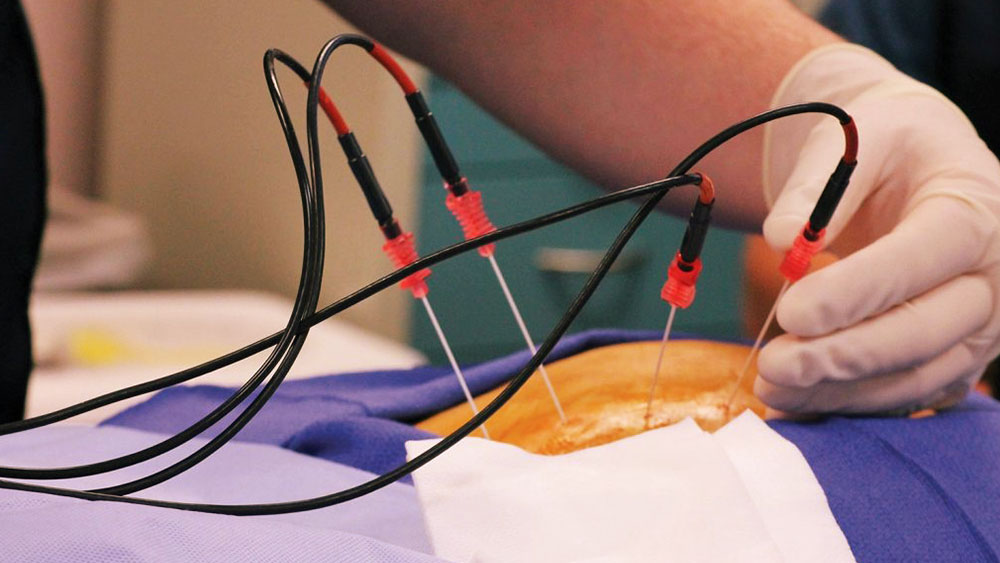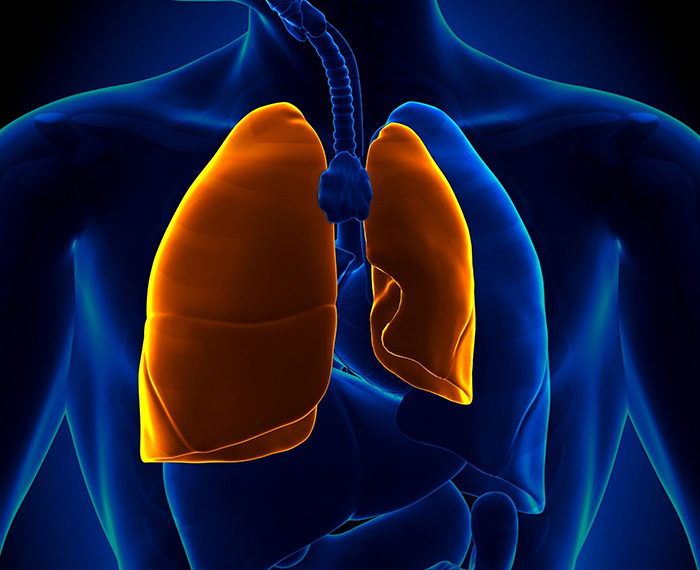Pleural Effusion (Fluid Accumulation in the Lungs)
What is Pleural Effusion?
Pleural effusion is the accumulation of fluid in the pleura, the thin membrane between the lungs and chest wall. Common causes include heart failure, pneumonia, and cancer.
Symptoms
Many patients have no early symptoms. Progressive shortness of breath, cough, and chest pain are most common.
Diagnosis
-
Chest X-ray
-
Thoracic ultrasound
-
Computed tomography (CT)
Treatment and Approach
-
Thoracentesis: Fluid is removed for diagnosis and treatment.
-
Transudative (heart failure, cirrhosis)
-
Exudative (pneumonia, cancer)
-
-
Cytological and microbiological analysis: To identify malignancy or infection.
-
VATS (Video-Assisted Thoracoscopy): A minimally invasive procedure under general anesthesia, 30–45 minutes, with high diagnostic value.
-
Complicated effusions: Chest tube drainage; decortication may be required in some cases.
-
Malignant effusions: Diagnosis is confirmed by detecting malignant cells in pleural fluid or tissue. Frequently associated with lung, breast, lymphoma, or ovarian cancers.

















